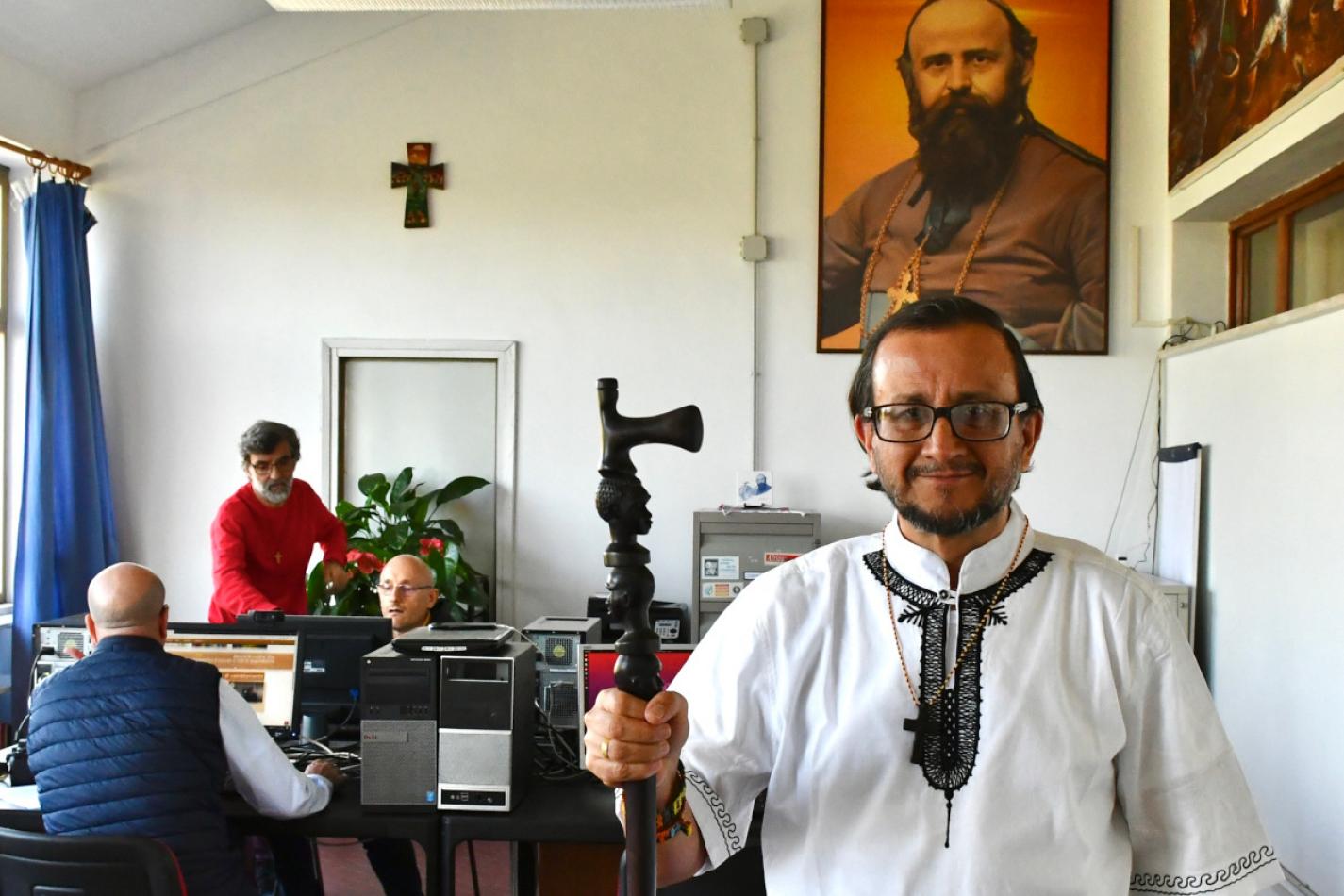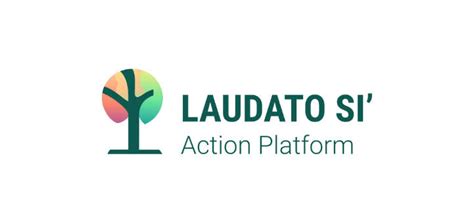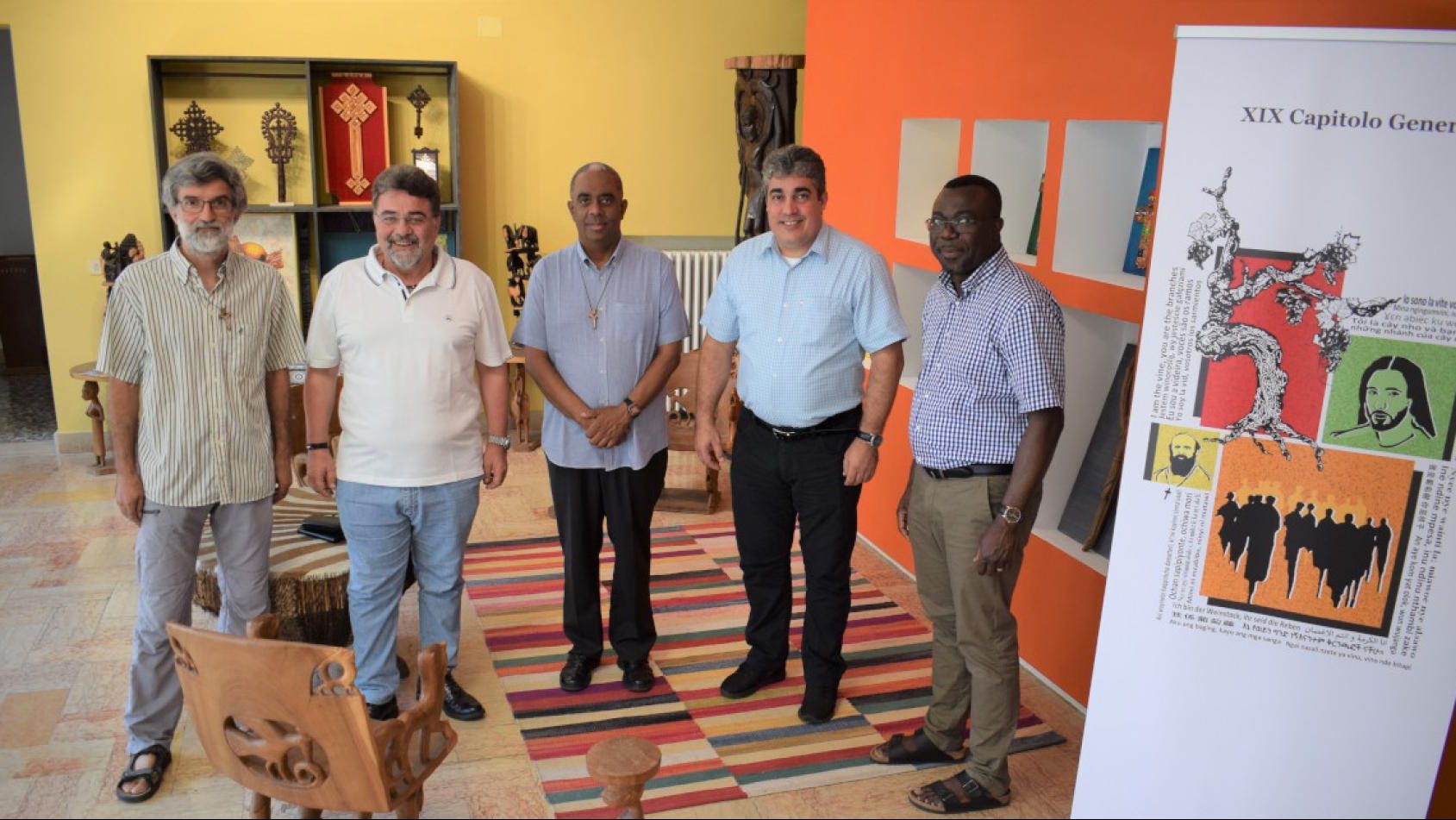Climate change is the order of the day: we experience extreme weather phenomena, such as prolonged droughts and devastating floods, with increasing frequency and intensity, but also the persistence of slow-onset phenomena, such as glacier melt and sea level rise. All of this is caused by global warming, due to the emissions of carbon dioxide and other gases produced by human activities on the planet. The repercussions on people’s lives are shocking, especially for those living in more fragile and difficult situations. Scientists have already gathered enough data to assert that we have until 2030 to reverse course, after which the favorable climate balance for life on the planet will no longer be restored.
This is why Pope Francis published the encyclical Laudato Si’ in 2015, with its call for ecological conversion. Since then, nothing decisive has been done; on the contrary, we have continued to move more and more in the wrong direction. Testifying to the urgency of raising awareness and committing to a real and concrete conversion to protect our common home, in recent years Pope Francis has taken increasingly prophetic steps as a testimony to the signs of the times: in 2020, he proclaimed the special year of the 5th anniversary of Laudato Si’ to relaunch its message; in 2021, he had the Dicastery for Promoting Integral Human Development launch the Laudato Si’ Action Platform to engage the entire Catholic world in ecological conversion and action for integral ecology. In 2022, the Holy See signed the Paris Agreement on climate, committing to achieving its objectives; in 2023, Pope Francis published the apostolic exhortation Laudate Deum before COP 28 in Dubai, to pressure world leaders for a breakthrough in climate action.
That is why the JPIC team of the Comboni Missionaries in the American Continent have designed a pastoral programme to popularize the vision, message and contents of Laudate Deum among Christian communities.
This pastoral tool aims to promote the message of Laudate Deum and inspire paths of ecological conversion in religious and Christian communities, based on the methodology of the pastoral cycle and drawing inspiration from the Word of God and the Holy Spirit. Starting with real life situations they are experiencing, Christian communities are led to gain critical consciousness about the causes and effects of what is happening, reflect on their experience in the light of Gospel, and discern their concrete, practical response to put their faith into practice; finally, also the dimension of celebration is facilitated with the suggestion of ad hoc liturgical or para-liturgical celebrations.





